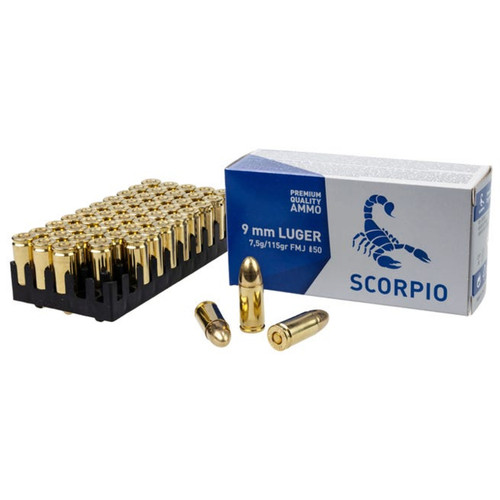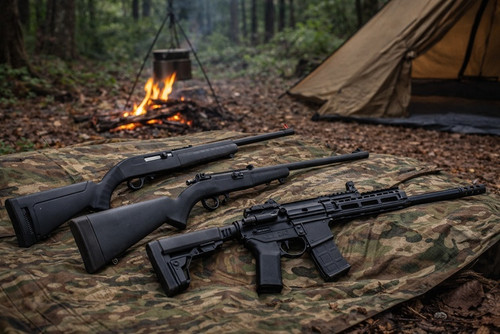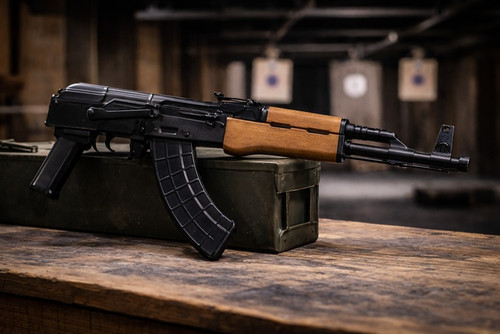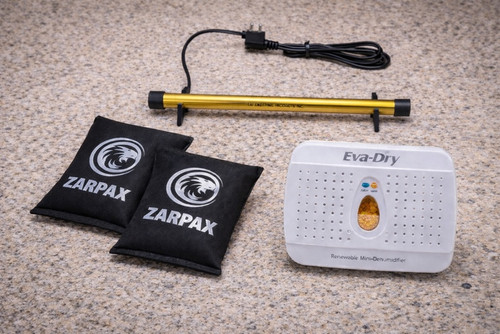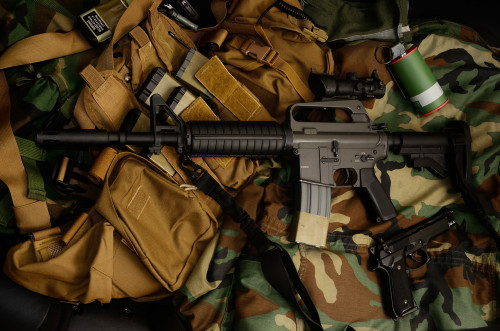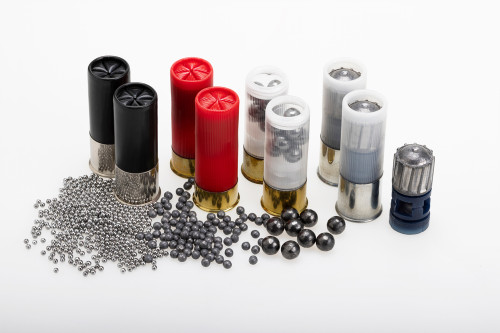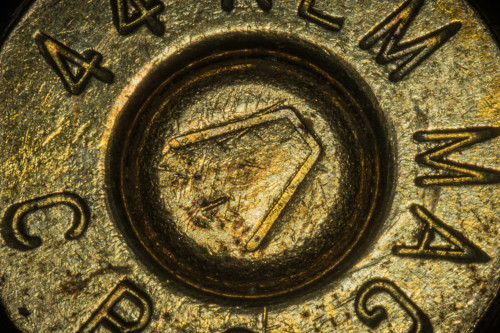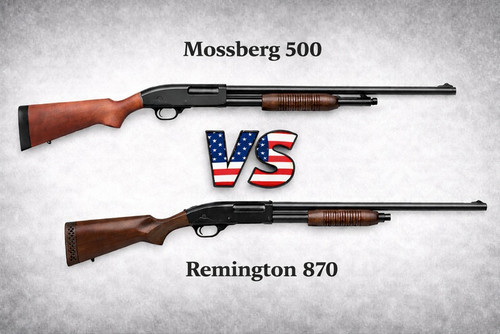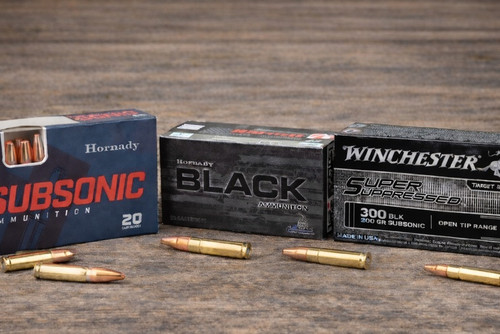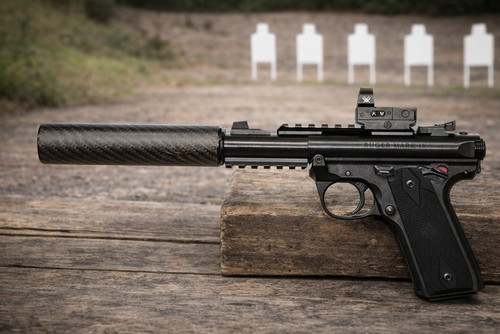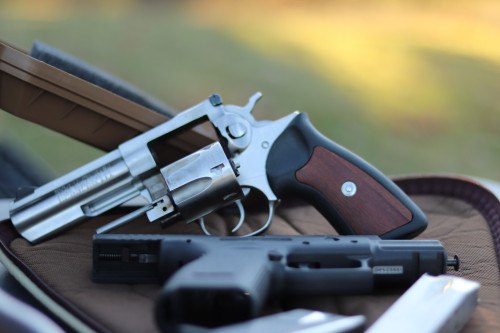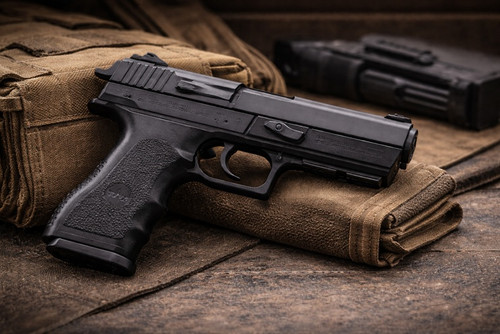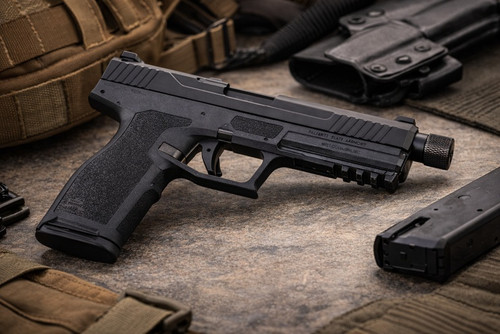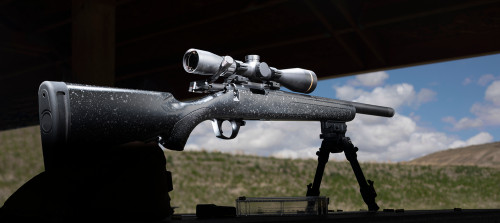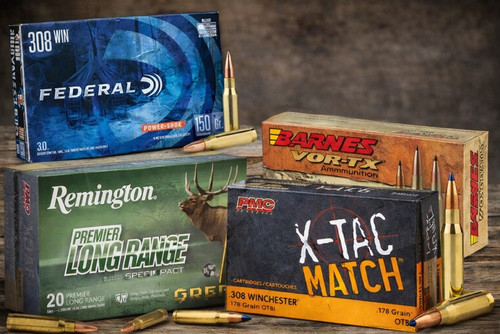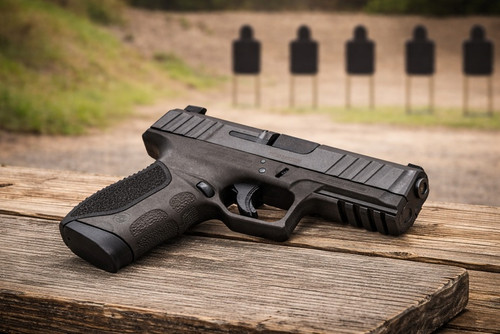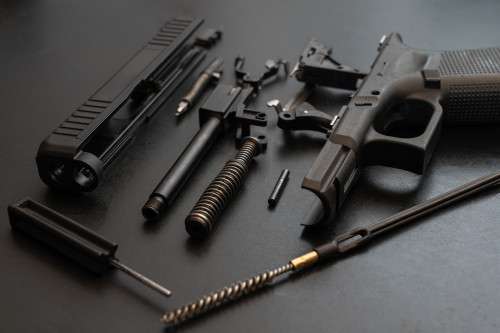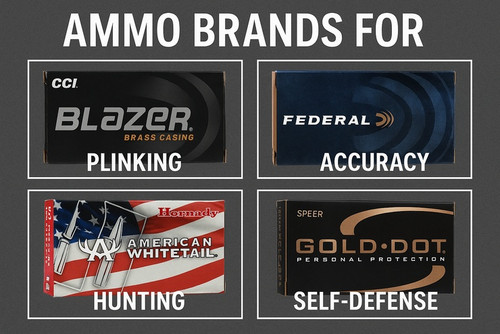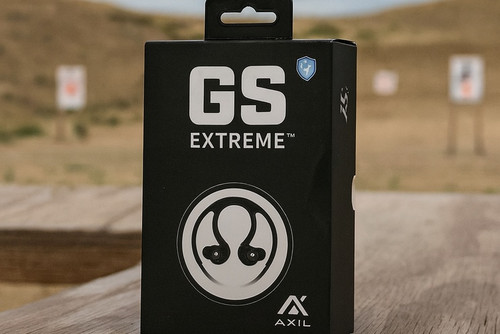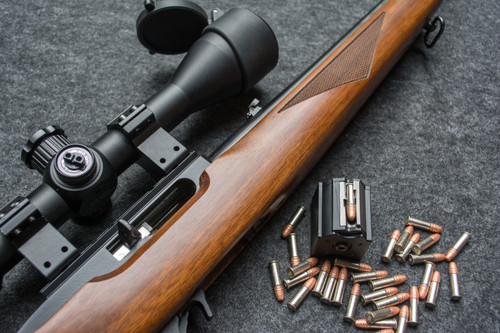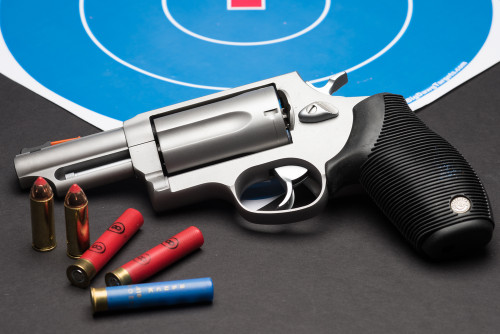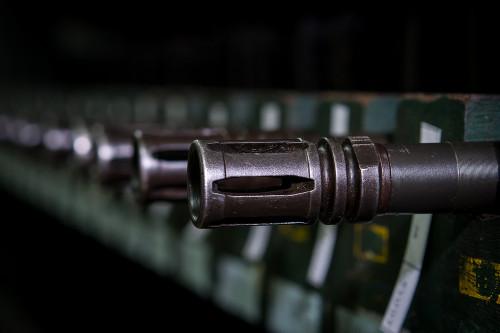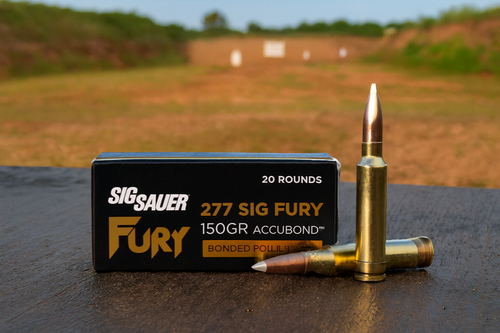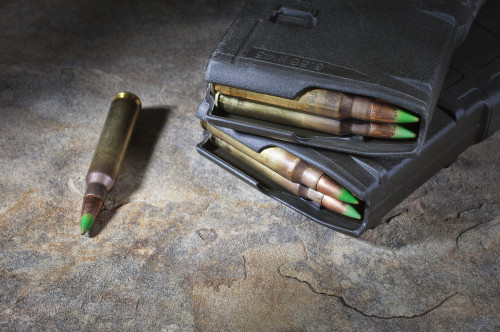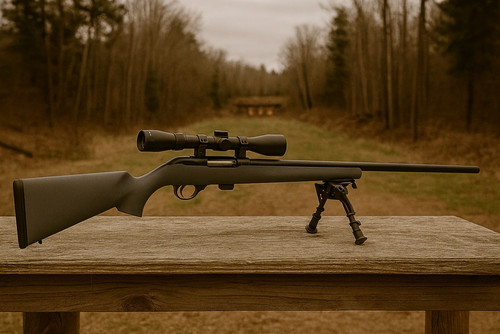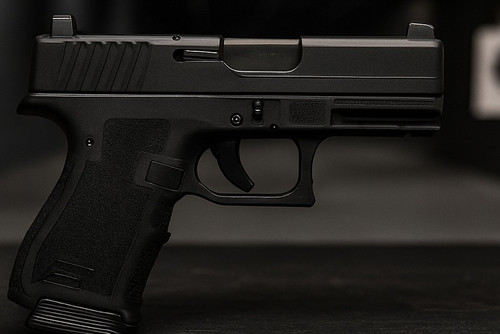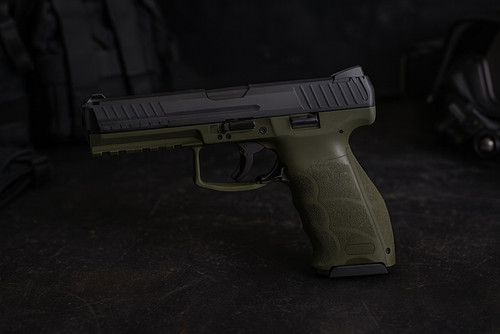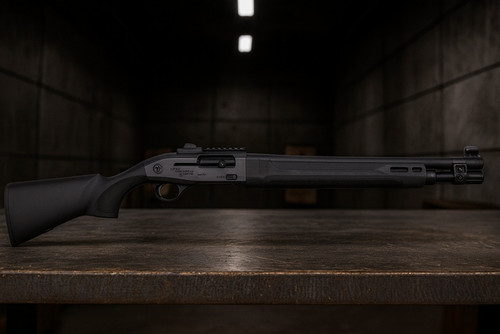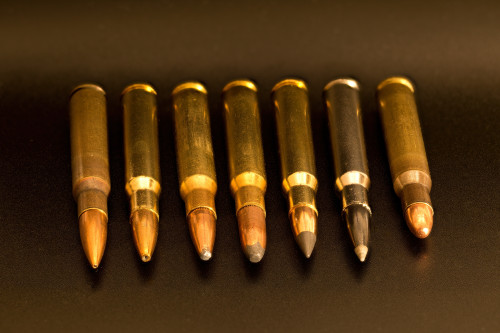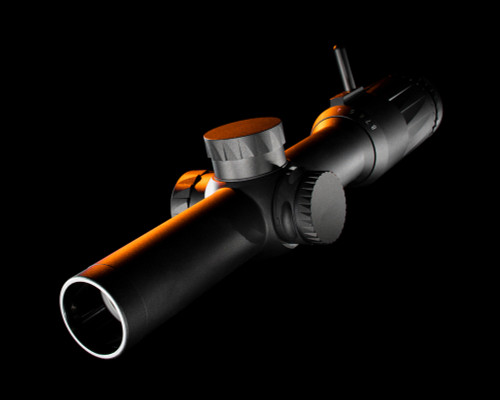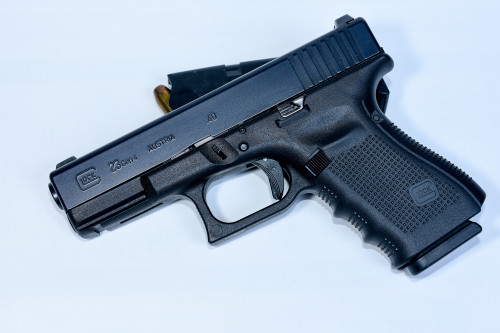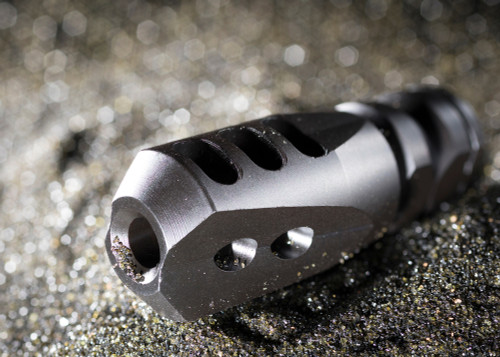Background on Lexington Ammunition
Lexington Ammunition is a lesser-known brand in the U.S. ammo market, primarily distributed through bulk ammo retailers. While there's little publicly available manufacturer information, this 9mm line appears to be imported steel case ammunition, commonly marketed under various private label names. Based on packaging, construction, and customer reports, it's likely produced in Eastern Europe or Turkey, rebranded for sale under the Lexington name.
Lexington’s 9mm FMJ ammo is built with polymer coated steel cases, Berdan primers, and 115 grain full metal jacket bullets. These are typical characteristics of budget steel cased ammo. The rounds are designed for shooters looking for economical, no frills ammunition for routine range work. Due to the steel casing and Berdan priming, this ammo is not reloadable, and like other steel imports, it may have magnetic projectiles that are restricted in some indoor ranges.
How Lexington 9mm Compares to Competitors
Lexington 9mm competes with well-known budget steel case brands such as Tula, Wolf, and Barnaul. All use similar non-reloadable steel cases and bi-metal jackets. While there are no independent lab tests comparing Lexington to these brands, anecdotal user feedback suggests it performs comparably in terms of feeding and accuracy.
Compared to brass case ammo like Magtech, Fiocchi, or Federal, Lexington falls short in cleanliness, reliability in tight tolerance pistols, and reloadability. However, it remains a cost-effective alternative for high volume shooters running striker-fired pistols that are known to cycle steel-cased ammo reliably, such as Glock, PSA Dagger, and Canik handguns.
Due to its probable bi-metal bullet jacket, Lexington 9mm is typically not permitted in indoor ranges that restrict magnetic ammo.
Since Lexington is a newer name in the steel-case market, it makes sense to compare it with established options like Tula 9mm ammo, one of the most recognizable budget choices for range shooters.
Lexington 9mm Ammo Specifications
Note: These specs are inferred from product listings and similar ammunition types.
- Caliber: 9mm Luger
- Bullet Weight: 115 grain Full Metal Jacket (FMJ)
- Muzzle Velocity: ~1,120 fps (estimated)
- Muzzle Energy: ~320 ft-lbs
- Case Type: Polymer-coated steel
- Primer Type: Berdan-primed, non-corrosive
- Reloadable: No
Performance at the Range
Lexington 9mm ammo is intended for training and informal target shooting. It cycles reliably in most striker fired platforms, though some owners of 1911 style or tight chamber pistols report occasional feeding or extraction issues. Its performance is generally on par with other steel case imports.
- Accuracy: Acceptable for informal drills (3.5–4" groups at 15 yards)
- Recoil: Mild, with standard 115gr recoil impulse
- Fouling: Slightly more residue than brass-case ammo
- Ignition: Some reports of hard primers; no major reliability issues in most modern pistols
Price and Value
Lexington 9mm is sold as low cost practice ammo, often found in 500 or 1,000 round cases through online retailers.
- Price per box (50 rounds): $9 – $11
- Price per case (1,000 rounds): $180 – $220
- Cost per round: $0.18 – $0.22
At this price, it offers solid value for non-reloading shooters who want to stock up and train frequently.
Best Uses for Lexington 9mm FMJ
This ammo is best suited for:
- Budget-minded range practice
- Firearm function testing
- Training drills where round count matters more than precision
- New shooters learning recoil management
Not ideal for:
- Defensive use
- Competitive shooting
- Indoor ranges with magnetic restrictions
- Reloaders or suppressed platforms
Lexington 9mm: Reliability and Function
Customer feedback across forums and seller reviews indicates generally reliable performance in common 9mm handguns. It is not match grade, but performs well enough for informal range work.
- Feeding & Extraction: Smooth in Glocks, Caniks, PSA Dagger
- Misfires: Rare, but possible in guns with light springs
- Fouling: Typical for steel-case imports—clean after each range trip
- Case Durability: Not reloadable; discard after use
Pros and Cons
Pros:
- Extremely affordable
- Runs well in most modern pistols
- Sold in bulk with decent packaging
- Acceptable accuracy for drills
Cons:
- Not reloadable (steel-case, Berdan primer)
- Dirtier than brass
- May be restricted at indoor ranges (magnetic projectile)
- Lacks consistency of premium ammo
How Lexington 9mm Scores
| Category | Rating (out of 5) | Reason |
|---|---|---|
| Price | 5/5 | Very competitive bulk pricing |
| Reliability | 3.5/5 | Generally runs well; occasional hiccups in picky pistols |
| Accuracy | 3/5 | Fine for practice, not for groups |
| Cleanliness | 3/5 | Dirtier than brass; clean after use |
| Packaging | 4/5 | Good bulk-case presentation |
| Reloadability | 1/5 | Not reloadable |
Overall Rating:
Score: 3.6/5
Verdict: Good Budget Ammo for Range Days
Should You Buy Lexington 9mm Ammo?
If you’re looking for low-cost 9mm practice ammo, Lexington offers a functional, no-frills option that can keep your round count up without draining your wallet. It’s not designed for defense or suppressed shooting, and it may not run flawlessly in all platforms, but for the average user with a modern striker fired pistol, it’s worth considering for range work.
User Feedback
Positive:
- “Perfect for range days. No failures through my Glock.”
- “It’s cheap and accurate enough for drills. I’ll keep buying if the price stays low.”
Neutral:
- “Definitely dirtier than brass. Clean your gun after.”
- “Wouldn’t use it in my CZ Shadow, but it runs in my PSA.”
Negative:
- “Indoor range wouldn’t let me use it—magnetic projectiles.”
- “Not ideal for reloading or suppressed use.”
Best Practices for Lexington 9mm
- Check with your range regarding magnetic bullet restrictions
- Don’t reload the cases
- Clean firearm after each use
- Try a small batch before buying in bulk
- Store in a dry place to avoid steel case corrosion
Final Verdict
Lexington 9mm FMJ is budget ammo that delivers just enough. It’s not trying to be premium or precise, but for range training, it checks the right boxes. If you shoot frequently, don’t reload, and want to stretch your ammo budget, it’s a respectable option in the steel case category.
Low cost. Functional results. Worth a test run.
Before making a bulk purchase, you may want to review how Lexington stacks up against other low-cost loads in our Most Affordable Steel-Case 9mm Ammo guide, which covers Magtechs popular budget brand.
Frequently Asked Questions (FAQs)
1. Is Lexington 9mm ammo good for self-defense?
No. It is FMJ ammo meant for training. Use quality JHP loads for defensive carry.
2. Can Lexington ammo be reloaded?
No. The steel cases are Berdan-primed and non-reloadable.
3. Will Lexington work in my Glock or SIG?
Yes. Most striker-fired handguns handle it well. Always test with a small batch first.
4. Is Lexington ammo magnetic?
Yes. It uses a bi-metal jacket, so it may be restricted at indoor ranges.
5. Is Lexington ammo corrosive?
No. It uses non-corrosive powder and primers.
6. Is Lexington as good as brass ammo?
Not in terms of cleanliness or reloadability, but for cost-per-round and basic reliability, it competes well with other steel-case brands.



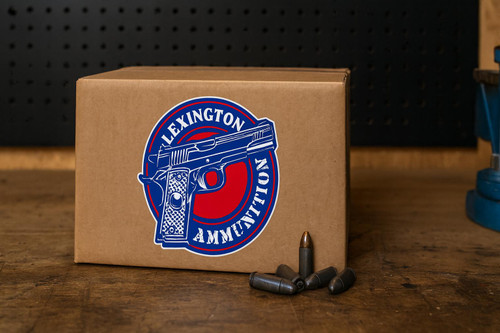
 Pro Armory Editorial Team
Pro Armory Editorial Team

